The SPAC List: 10 Dealmakers to Watch
Keep your eye on our routinely updated list of special purpose acquisition companies (SPACs) that are on the hunt.


Profit and prosper with the best of Kiplinger's advice on investing, taxes, retirement, personal finance and much more. Delivered daily. Enter your email in the box and click Sign Me Up.
You are now subscribed
Your newsletter sign-up was successful
Want to add more newsletters?

Delivered daily
Kiplinger Today
Profit and prosper with the best of Kiplinger's advice on investing, taxes, retirement, personal finance and much more delivered daily. Smart money moves start here.

Sent five days a week
Kiplinger A Step Ahead
Get practical help to make better financial decisions in your everyday life, from spending to savings on top deals.

Delivered daily
Kiplinger Closing Bell
Get today's biggest financial and investing headlines delivered to your inbox every day the U.S. stock market is open.

Sent twice a week
Kiplinger Adviser Intel
Financial pros across the country share best practices and fresh tactics to preserve and grow your wealth.

Delivered weekly
Kiplinger Tax Tips
Trim your federal and state tax bills with practical tax-planning and tax-cutting strategies.

Sent twice a week
Kiplinger Retirement Tips
Your twice-a-week guide to planning and enjoying a financially secure and richly rewarding retirement

Sent bimonthly.
Kiplinger Adviser Angle
Insights for advisers, wealth managers and other financial professionals.

Sent twice a week
Kiplinger Investing Weekly
Your twice-a-week roundup of promising stocks, funds, companies and industries you should consider, ones you should avoid, and why.

Sent weekly for six weeks
Kiplinger Invest for Retirement
Your step-by-step six-part series on how to invest for retirement, from devising a successful strategy to exactly which investments to choose.
SPACs were all the rage in 2020, and they've only heated up more in 2021.
Short for "special purpose acquisition companies," these unique vehicles are often referred to as "blank check" shell companies that are set up via an initial public offering (IPO) to raise capital and then quickly acquire an existing business.
Collectively, these kind of firms raised an amazing $73 billion last year. But SPACs have shattered that number in the first three months of 2021 alone. Says ICR, a leading strategic communications and advisory firm:
"SPAC IPO issuance broke all records in the first quarter of 2021, with 298 SPACs raising nearly $88 billion. The tally was more than double the 132 SPACs and $39 billion raised in the fourth quarter of 2020 and more than the 248 SPAC IPOs that raised over $83 billion in all of 2020."
Why are SPACs so popular? Well, startups or other private companies looking to list on Wall Street can really shortcut the process this way. Why court investment banks and potential investors for months or years in pursuit of an IPO, when you can just shake hands with a SPAC and become a publicly traded company as part of the deal?
Individual investors are also enamored with the idea, because if they buy the right SPAC before a big deal breaks, it's similar to being one of those elite investors in on the ground floor.
There are no guarantees a SPAC will identify the right opportunity or spend its capital wisely, of course, but they are very popular right now for a reason.
If you're interested in this unique class of stock, keep your eye on our routinely updated SPAC list: 10 noteworthy names that are on the hunt, and what breakthrough firms they might be buying.
Data is as of April 12.
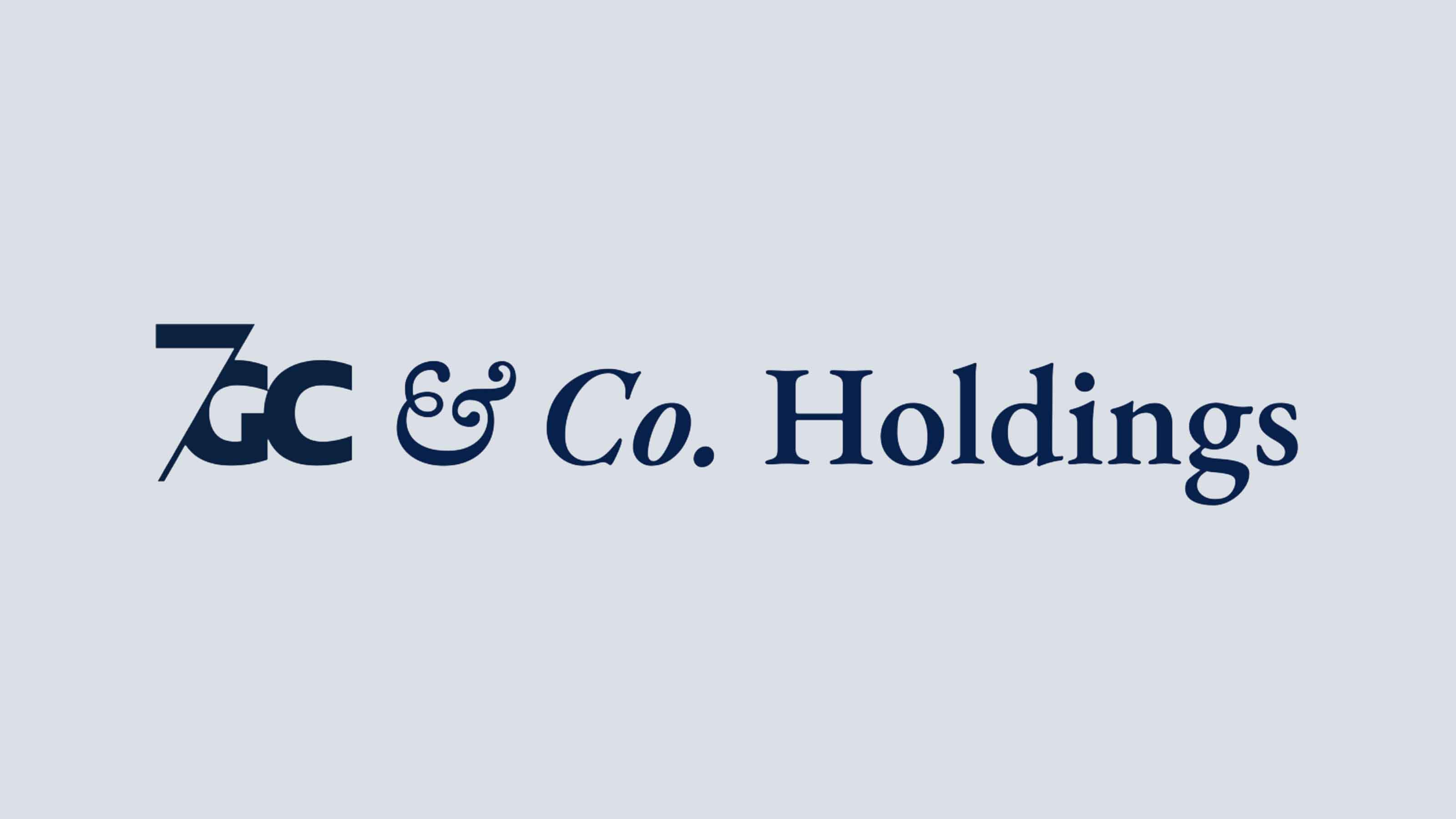
7GC & Co. Holdings
- IPO date: Dec. 28, 2020
- Capital raised: $230 million
7GC & Co Holdings (VII, $9.84) is pretty exemplary of the kinds of firms you'll find on this SPAC list.
It's a partnership between 7GC, a boutique technology-focused venture capital fund, and serial SPAC issuer Hennessy Capital Investment that has successfully rolled out five blank check entities – including Hennessy Acquisition I, which went public in January 2014 and acquired school bus maker Blue Bird (BLBD) in February 2015, well before the current SPAC craze.
Throw in staff from Uber Technologies (UBER) executive leadership, and you have the perfect mix for a buzzworthy SPAC looking to make a disruptive deal.
Or as 7GC & Co. says in its recent annual report, "Our management team believes that its unique access to technology assets, coupled with a demonstrable SPAC track record, will be central to its differentiated investment strategy."
At the end of March, it was rumored that 7GC could be looking at digital media icon Vice Media, which seems the kind of flashy, tangentially tech-related company right up VII's alley.

Accelerate Acquisition
- IPO date: March 18, 2021
- Capital raised: $400 million
If you're looking for a SPAC that's headed up by some big names from the C-suite, then look no further than Accelerate Acquisition Corp. (AAQC.U, $10.02).
First, there's Accelerate's CEO Robert Nardelli, former chief of both Chrysler and Home Depot (HD) who also helped oversee dozens of acquisitions while at the helm of GE Transportation and GE Power Systems. Beside him as head of business development is Jeffrey Kaplan, a veteran dealmaker and the former head of M&A at Merrill Lynch.
This team is a bit old-school when compared with flashy 30-something SPAC leaders, but consider this a strength. After all, Accelerate has stated it is interested in established targets that will modernize help modernize the industrial sector rather than disruptive software companies operating on a wing and a prayer.
The company's S-1 filing cites specific areas of potential investment including "automation everywhere; advanced manufacturing and robotics; intelligent asset control and monitoring; dynamic supply chains; next-generation mobility technologies; and environmental sustainability, among many others."
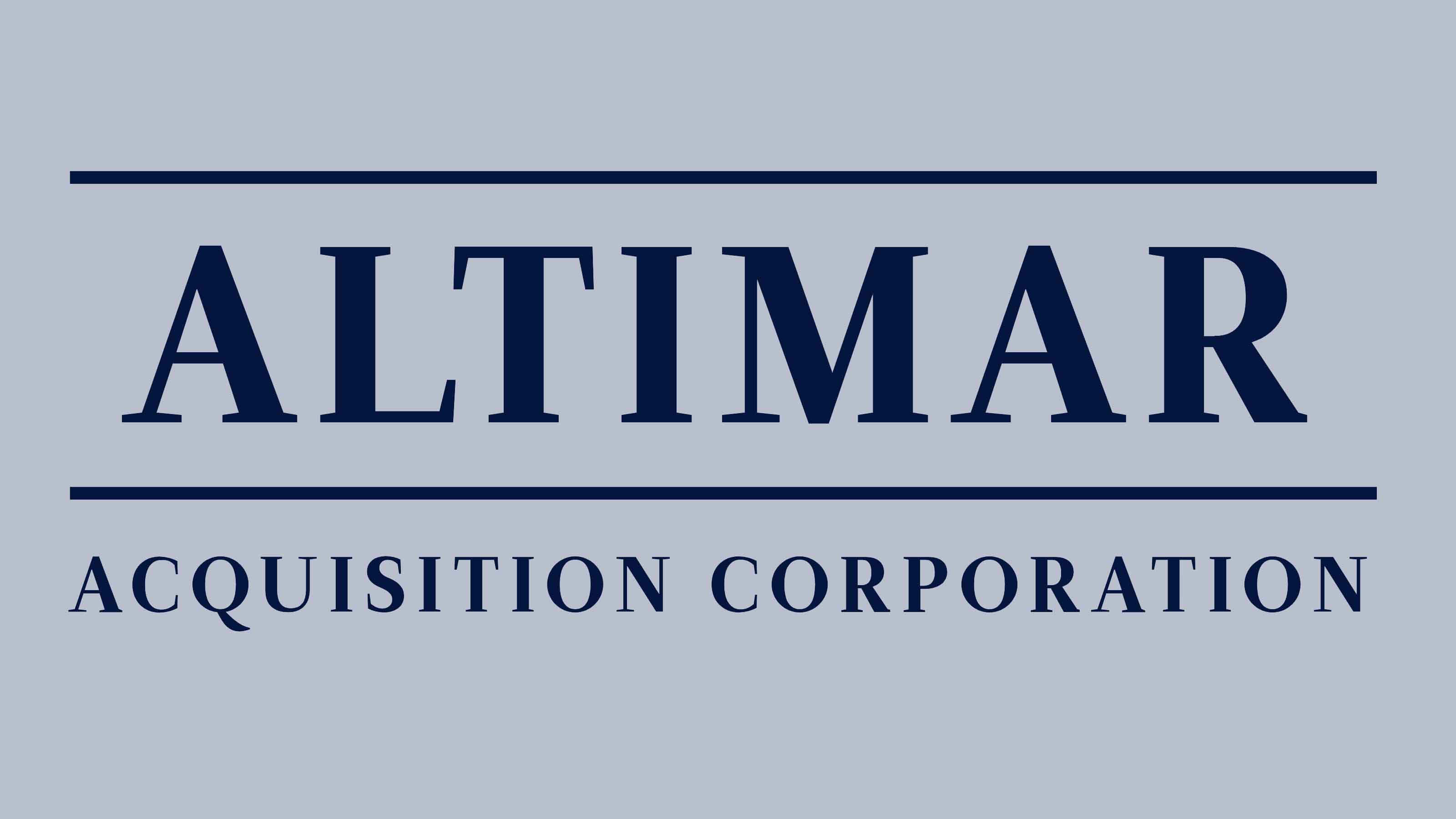
Altimar Acquisition II
- IPO date: Feb. 9, 2021
- Capital raised: $345 million
HPS Investment Partners has deep experience in the SPAC space despite its very recent emergence on Wall Street. In fact, HPS has brought three different vehicles to market already, meaning you have to pay attention to tickers so you don't wind up researching the wrong one.
First out of the gate was Altimar Acquisition, a $275 million SPAC that closed a deal in December with asset managers Owl Rock and Dyal to combine and form $45 billion investment manager Blue Owl Capital, which should start trading under the ticker "OWL" sometime during the first half of this year.
The ship has sailed on that deal, but HPS's second fund, Altimar Acquisition II (ATMR, $9.94), closed a $345 million offering in early February and is already rumored to be in talks with private photo and digital imaging company Shutterfly public. That would mark a return to the stock market for Shutterfly, which started publicly trading in 2006 before Apollo Global Management (APO) took it private in 2019.
There's also a smaller third fund, Altimar Acquisition III (ATAQ.U), which raised $135 million in March. But the "Goldilocks" fund right now seems to be Altimar II thanks to the rumors of the Shutterfly deal, and the fact it is a bit more mature. With a crack team of investment experts from JPMorgan and Citigroup, investors can have greater confidence in the team's ability to get a good deal done.

Bridgetown Holdings
- IPO date: Oct. 20, 2020
- Capital raised: $550 million
Peter Thiel, a billionaire entrepreneur and venture capitalist, was one of the first tech leaders to acknowledge that success in Silicon Valley isn't about cooperating or fair competition – it's about building a monopoly.
That mindset is surely going to inform the deal he's looking for via Bridgetown Holdings (BTWN, $11.08). And the fact Thiel built it along with private equity guru Richard Li of Pacific Century Group shows that investors can expect a global flavor to any transaction.
In fact, unlike most of the U.S.-based companies on this SPAC list, Bridgetown is headquartered in Hong Kong.
At the end of 2020, there were rumors that contender was Indonesia e-commerce giant Tokopedia. Eventually Tokopedia wound up merging with another big Indonesian tech giant – ride-hailing platform Gojek – in a deal that formed a $40 billion "super app" for the local market.
While Bridgetown didn't win this juicy prize, it's precisely the kind of deal investors should expect from this duo with deep links to Asia-Pacific and the tech sector. Indeed, more recently. Bloomberg reported that Bridgetown was in talks with Southeast Asian online travel firm Traveloka.
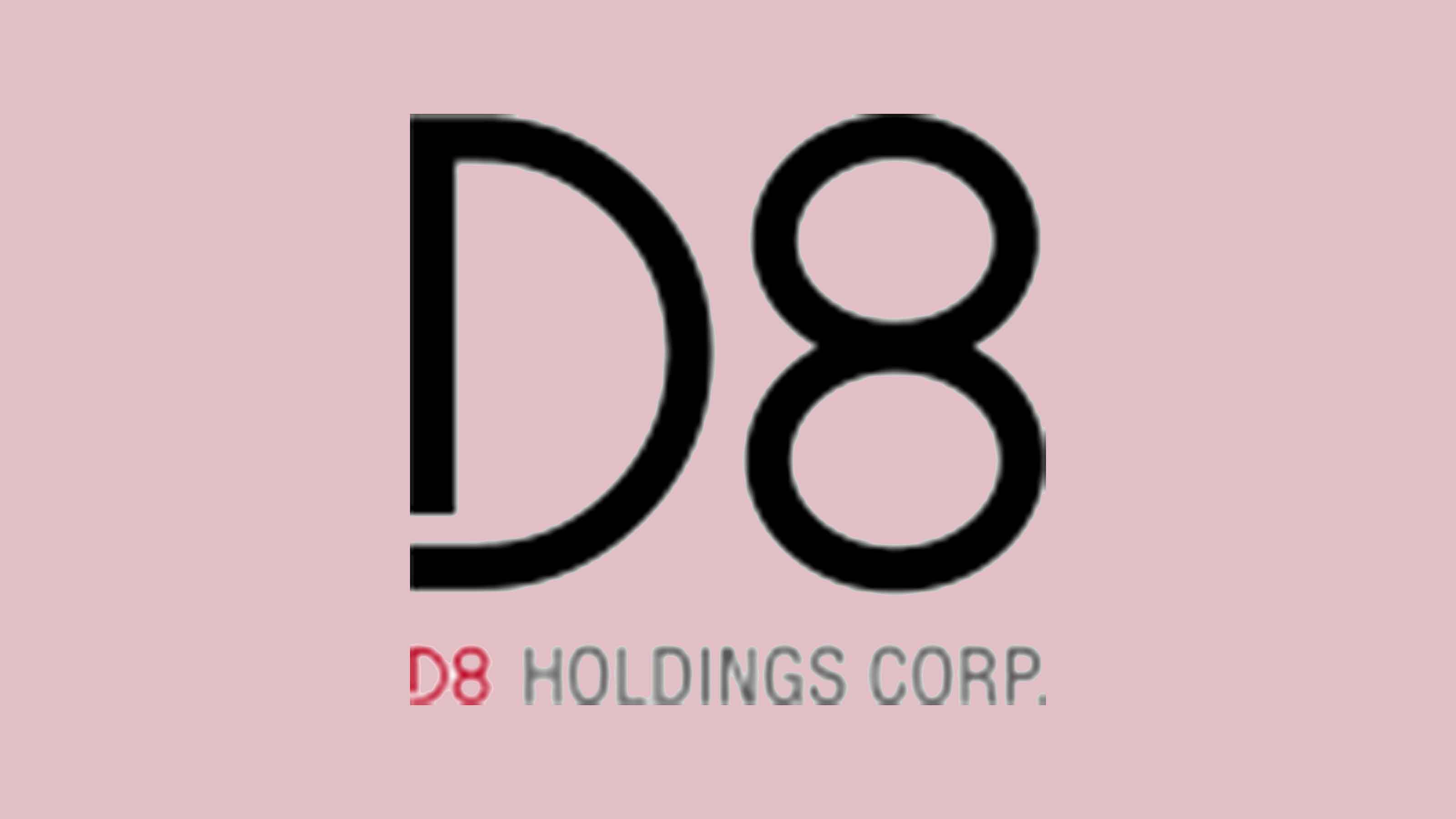
D8 Holdings
- IPO date: July 15, 2020
- Capital raised: $300 million
D8 Holdings (DEH, $9.95) is a blank check company that has a deep bench of executives with experience at major consumer brands. There's David Chu, founder and former CEO of apparel brand Nautica. There's Fred Langhammer, former CEO of cosmetics icon Estée Lauder (EL). And there's also Terry Lundgren, who served for 14 years as CEO of department-store retailer Macy's (M).
Collectively, this team undoubtedly has what it takes to know how what shoppers want in 2021.
Of course, there's no rule that says D8 must go after a consumer company just because of its exec experience. In fact, a robotic surgery company backed by Microsoft (MSFT) co-founder Bill Gates has recently been floated as a potential target.
Considering that D8 is one of the older SPACs on this list, it wouldn't be surprising to see it look beyond its obvious area of interest out of eagerness to get a deal done. (If a SPAC doesn't acquire a target in a predetermined time frame, in this case 24 months, the company will liquidate and redeem all public shares in cash.)
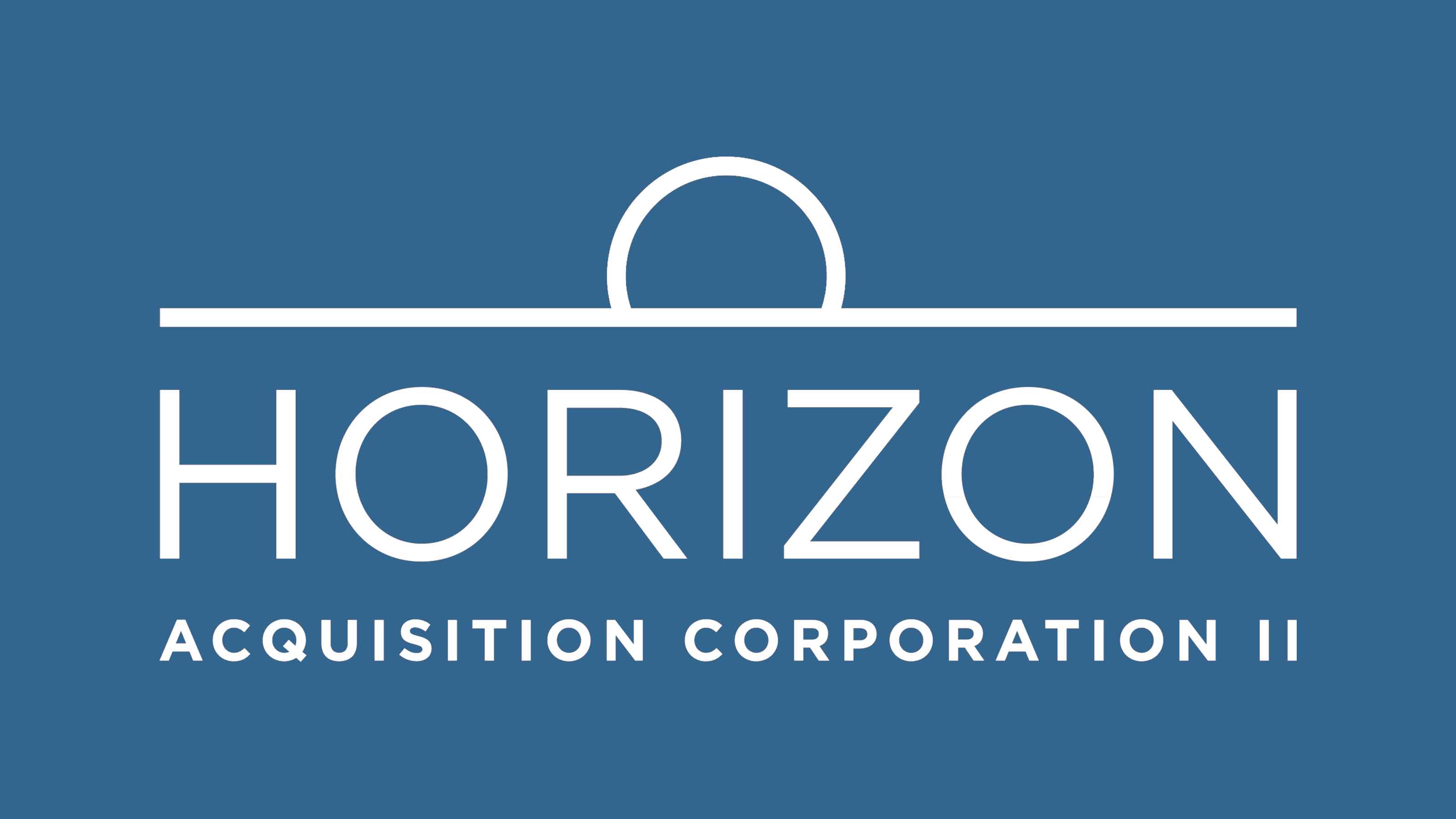
Horizon Acquisition II
- IPO date: Oct. 20, 2020
- Capital raised: $500 million
One of the most hyped-up deals of the past year or so was DraftKings (DKNG), which debuted in April 2020 thanks to a finalized SPAC deal and has roughly quadrupled since.
So it's perhaps not surprising that Horizon Acquisition II (HZON, $10.18) has been generating buzz lately because it is reportedly combining with a related sports betting play, a Swiss sports data firm called Sportradar.
Wall Street types will recognize the SPAC's founder, Todd Boehly, as the former president of asset manager Guggenheim, but sports fans might also know him from being a co-owner of the Los Angeles Dodgers.
There's obvious logic to a deal like this, given the huge success of DraftKings and Boehly's experience. But even if the Sportradar deal somehow falls apart before it goes live, it's reasonable to expect Horizon to continue pursuing something in this general ballpark.
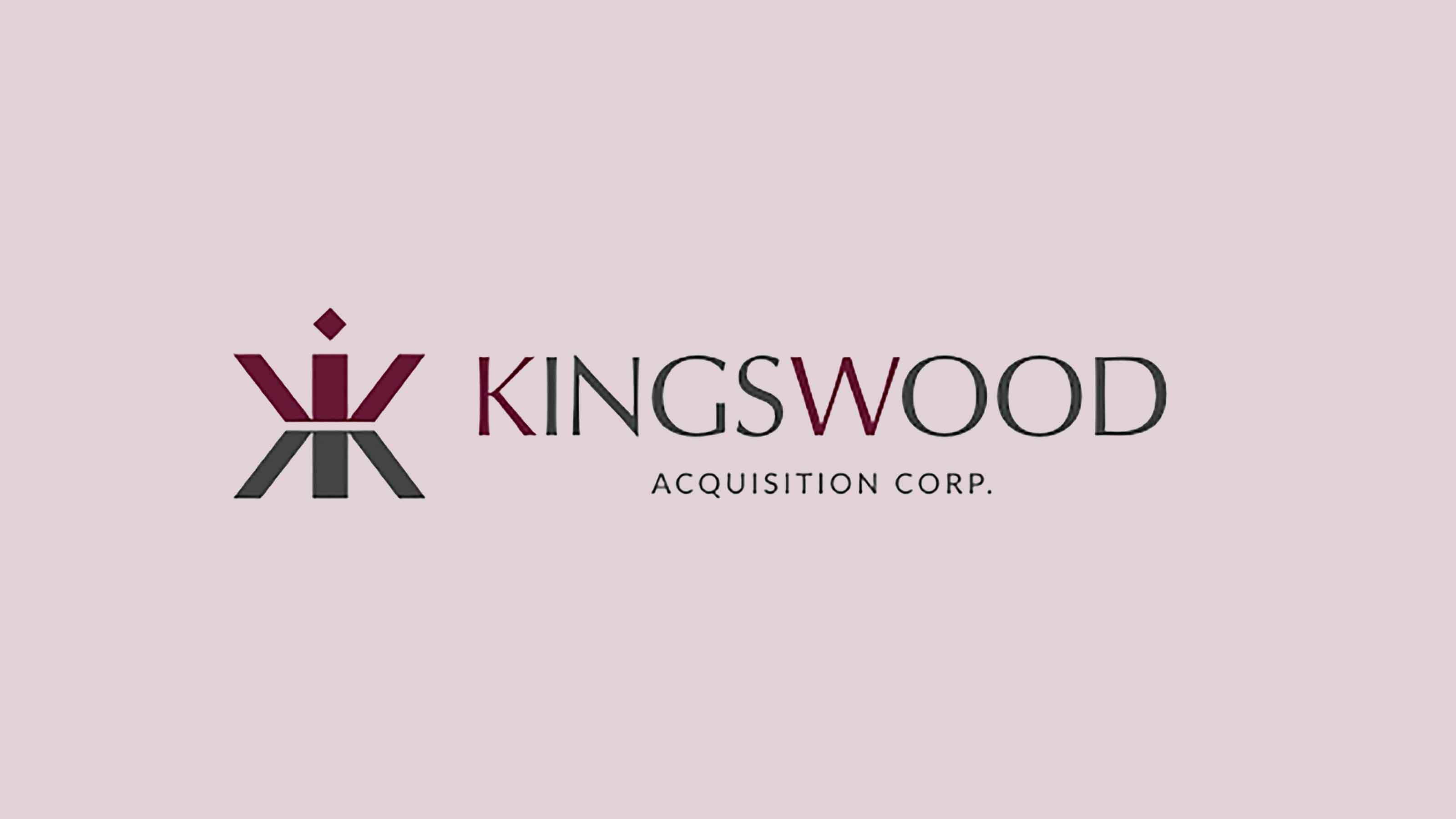
Kingswood Acquisition
- IPO date: Nov. 24, 2020
- Capital raised: $115 million
After raising $115 million in a November IPO, Kingswood Acquisition (KWAC, $10.09) has been rumored to be pursuing a merger with Lombard International, a Blackstone-backed financial enterprise that is one of the largest wealth management firms in the United Kingdom.
This makes perfect sense, as the sponsors of this SPAC are private U.K. investment company KPI, which commands $8 billion of assets under management, and London-based independent alternative investment management company Pollen Street Capital, which has $3.5 billion in AUM.
With an executive team that is composed of mainly financial and investment types, it's understandable they would focus on this sector, and particularly at a firm such as Lombard that is so close to home.
It's not as flashy as the tech-focused members of this SPAC list, but a deal to mash up investment managers provides obvious efficiencies and economies of scale that could pay off for investors.
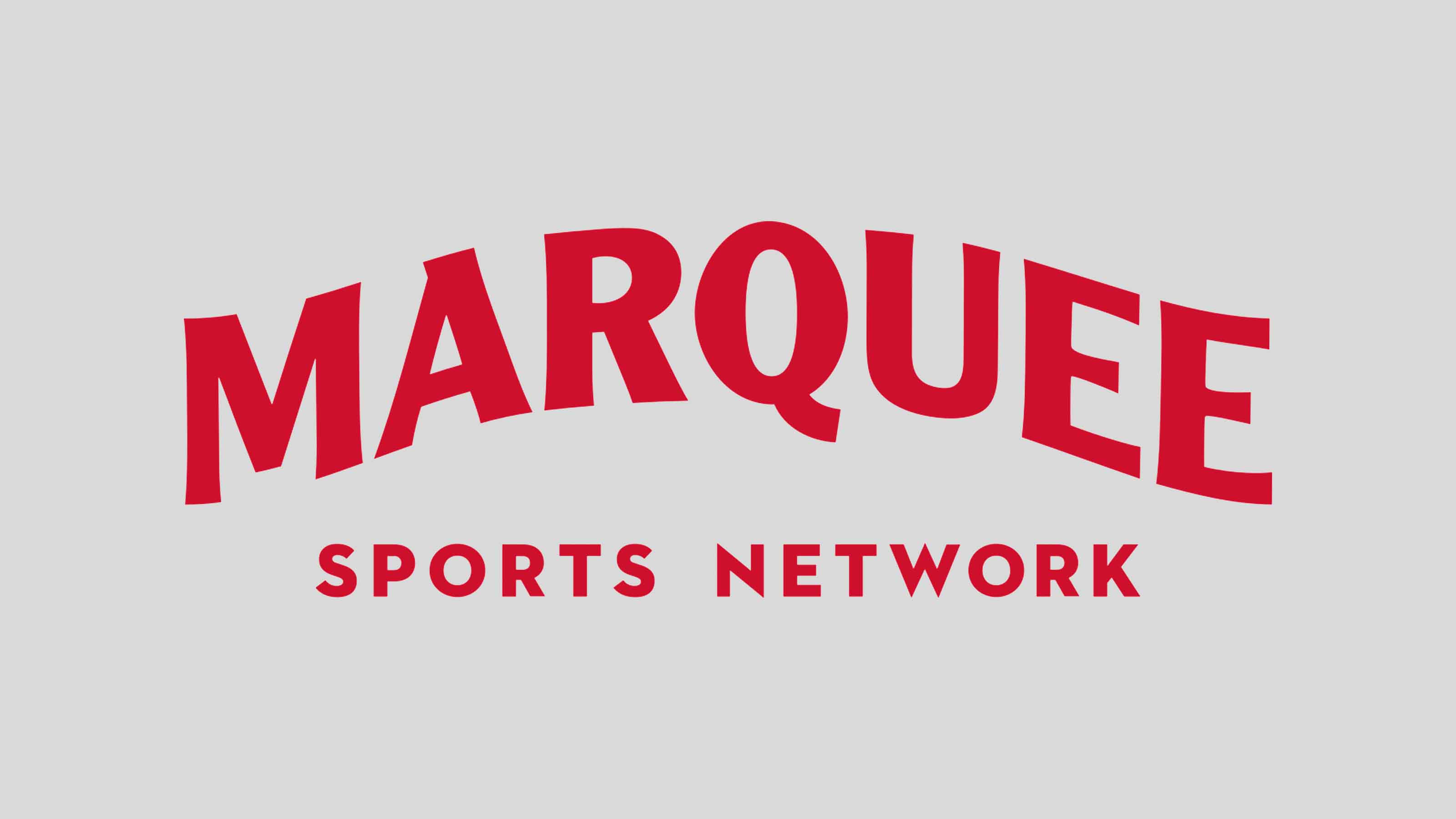
Marquee Raine Acquisition
- IPO date: Dec. 17, 2020
- Capital raised: $374 million
Marquee Raine Acquisition (MRAC, $9.95) is another SPAC looking at acquisition opportunities in interactive entertainment, sports and gaming.
Backed by Marquee Sports Holdings, the owner of the Chicago Cubs' regional sports network, and merchant investment bank Raine Group, the leadership of this blank check company has experience in the high-growth potential of digital media but also the nitty gritty of sports management, including a high-profile renovation of the iconic Wrigley Field.
It's also worth noting that there's knowledge well beyond Chicago sports here, with a management team that includes Tom Ricketts, a director at TD Ameritrade, and Matt Maloney, the founder of food delivery app Grubhub (GRUB).
In early April, Bloomberg reported a rumor that MRAC could be in talks with Enjoy Technology Inc., a startup that has operated mobile retail stores for telecom and smartphone companies, hinting that Marquee could be casting a pretty wide net across the communications sector in the hunt for a target.
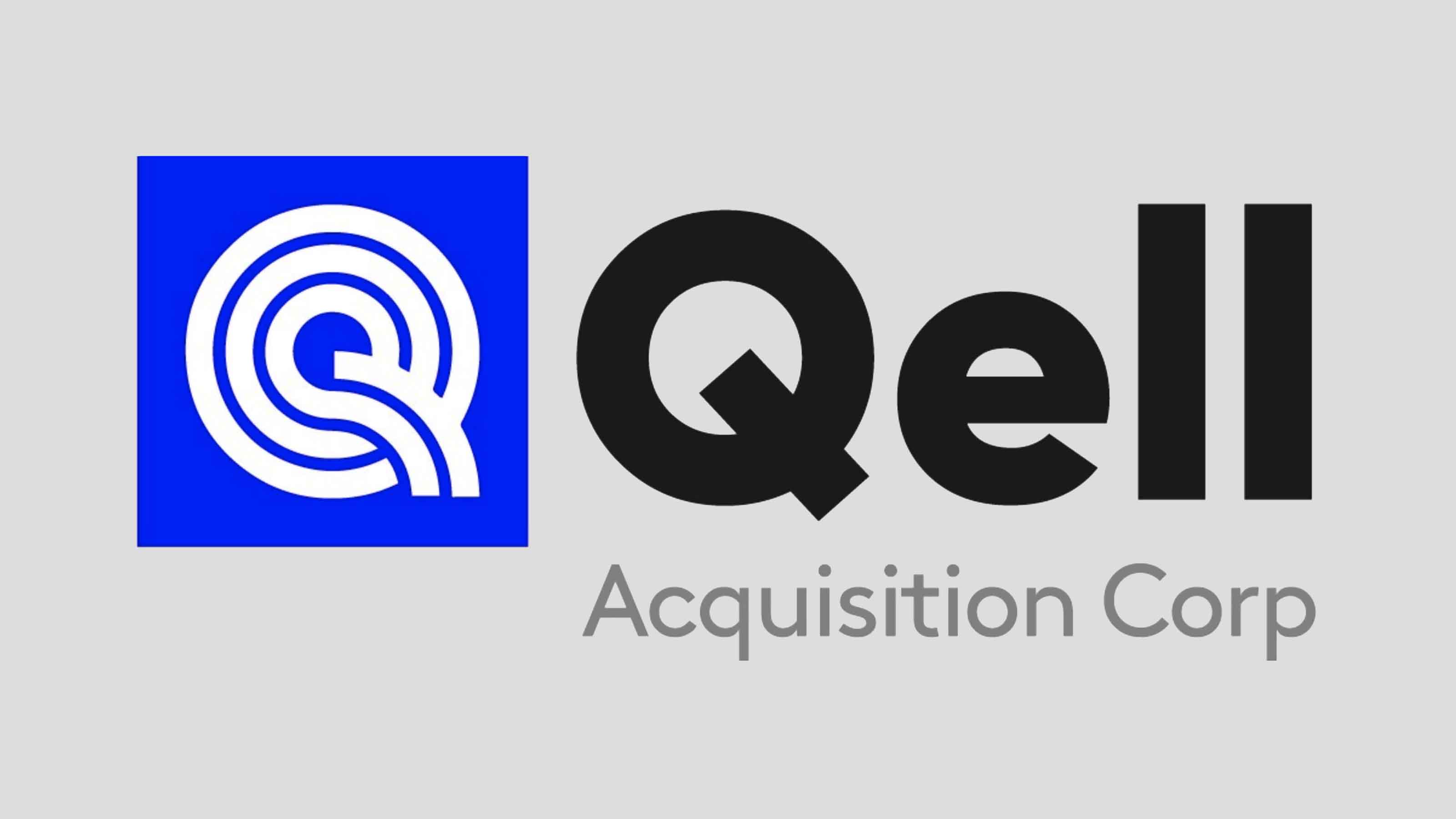
Qell Acquisition
- IPO date: Sept. 30, 2020
- Capital raised: $330 million
Qell Acquisition (QELL, $10.15) is purportedly on the hunt for "a high-growth business in the next generation mobility, transportation or sustainable industrial technology sectors," according to SEC filings.
And with former General Motors (GM) North America CEO Barry Engle on its management team, it's clear that this SPAC is one of the top entities to watch for dealmaking in the e-mobility and logistics space.
After a December rumor hinted it was chasing electric bus and battery storage player Proterra, more recent rumors linked it to Lilium, a German flying taxi startup. And indeed, Lilium looks like it's just about set in stone, with the company reporting its intent to list on the Nasdaq via a merger with Qell, whose shareholders must still approve the transaction.

Seven Oaks Acquisition
- IPO date: Dec. 18, 2020
- Capital raised: $225 million
Seven Oaks Acquisition (SVOK, $9.99) is a unique choice on this SPAC list for investors who want to see their portfolio reflect their personal value system.
Seven Oaks' S-1 filing states that "we intend to focus on opportunities aiming to make a positive social impact with a specific emphasis on good Environmental, Social and Governance ("ESG") practices."
The company has recently been rumored to be interested in online retailer Boxed that focuses on sending folks products in bulk – saving on fuel, packaging and other unfortunate side products caused by on-demand e-commerce in the age of Amazon.com (AMZN).
CEO and chairman Gary Matthews was previously CEO at IES Holdings (IESC) – an electrical, communications and home-security player – so Boxed's real-economy applications fit the kind of company Seven Oaks is likely looking for.
After all, you don't have to be the next big tech startup to simply find a better and greener business model.
Profit and prosper with the best of Kiplinger's advice on investing, taxes, retirement, personal finance and much more. Delivered daily. Enter your email in the box and click Sign Me Up.

Jeff Reeves writes about equity markets and exchange-traded funds for Kiplinger. A veteran journalist with extensive capital markets experience, Jeff has written about Wall Street and investing since 2008. His work has appeared in numerous respected finance outlets, including CNBC, the Fox Business Network, the Wall Street Journal digital network, USA Today and CNN Money.
-
 5 Vince Lombardi Quotes Retirees Should Live By
5 Vince Lombardi Quotes Retirees Should Live ByThe iconic football coach's philosophy can help retirees win at the game of life.
-
 The $200,000 Olympic 'Pension' is a Retirement Game-Changer for Team USA
The $200,000 Olympic 'Pension' is a Retirement Game-Changer for Team USAThe donation by financier Ross Stevens is meant to be a "retirement program" for Team USA Olympic and Paralympic athletes.
-
 10 Cheapest Places to Live in Colorado
10 Cheapest Places to Live in ColoradoProperty Tax Looking for a cozy cabin near the slopes? These Colorado counties combine reasonable house prices with the state's lowest property tax bills.
-
 The 24 Cheapest Places To Retire in the US
The 24 Cheapest Places To Retire in the USWhen you're trying to balance a fixed income with an enjoyable retirement, the cost of living is a crucial factor to consider. Is your city the best?
-
 5 Stocks to Sell or Avoid Now
5 Stocks to Sell or Avoid Nowstocks to sell In a difficult market like this, weak positions can get even weaker. Wall Street analysts believe these five stocks should be near the front of your sell list.
-
 Best Stocks for Rising Interest Rates
Best Stocks for Rising Interest Ratesstocks The Federal Reserve has been aggressive in its rate hiking, and there's a chance it's not done yet. Here are eight of the best stocks for rising interest rates.
-
 The Five Safest Vanguard Funds to Own in a Volatile Market
The Five Safest Vanguard Funds to Own in a Volatile Marketrecession The safest Vanguard funds can help prepare investors for market tumult but without high fees.
-
 The 5 Best Inflation-Proof Stocks
The 5 Best Inflation-Proof Stocksstocks Higher prices have been a major headache for investors, but these best inflation-proof stocks could help ease the impact.
-
 5 of the Best Preferred Stock ETFs for High and Stable Dividends
5 of the Best Preferred Stock ETFs for High and Stable DividendsETFs The best preferred stock ETFs allow you to reduce your risk by investing in baskets of preferred stocks.
-
 What Happens When the Retirement Honeymoon Phase Is Over?
What Happens When the Retirement Honeymoon Phase Is Over?In the early days, all is fun and exciting, but after a while, it may seem to some like they’ve lost as much as they’ve gained. What then?
-
 5 Top-Rated Housing Stocks With Long-Term Growth Potential
5 Top-Rated Housing Stocks With Long-Term Growth Potentialstocks Housing stocks have struggled as a red-hot market cools, but these Buy-rated picks could be worth a closer look.
